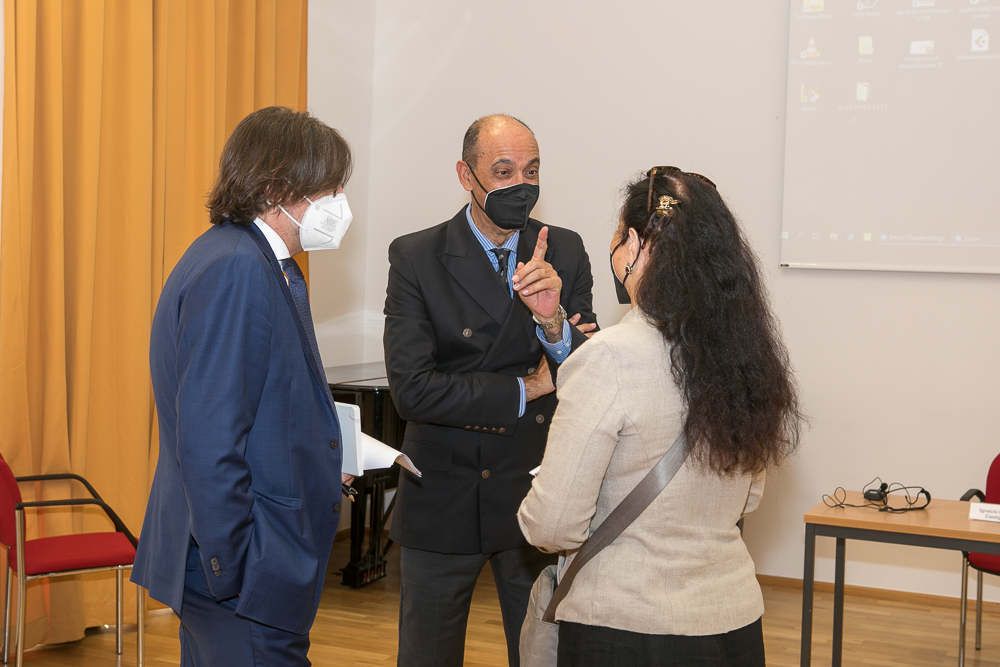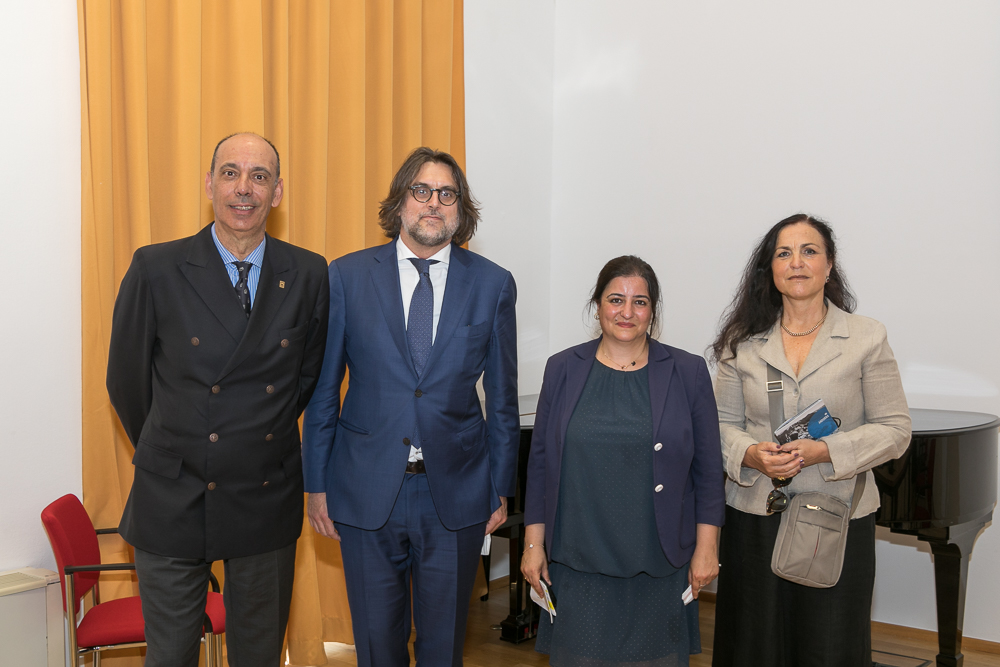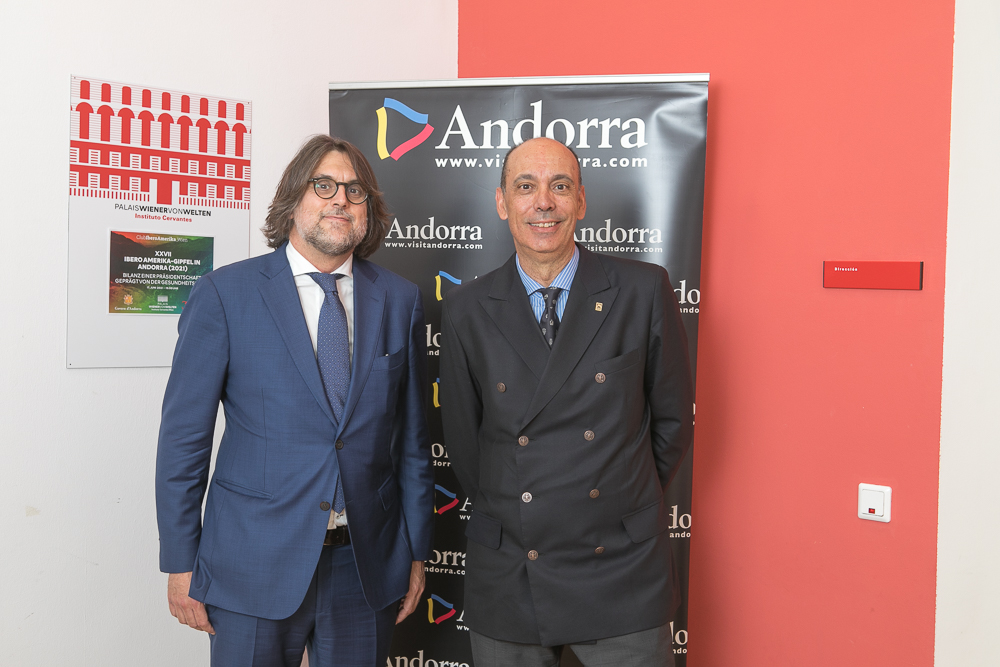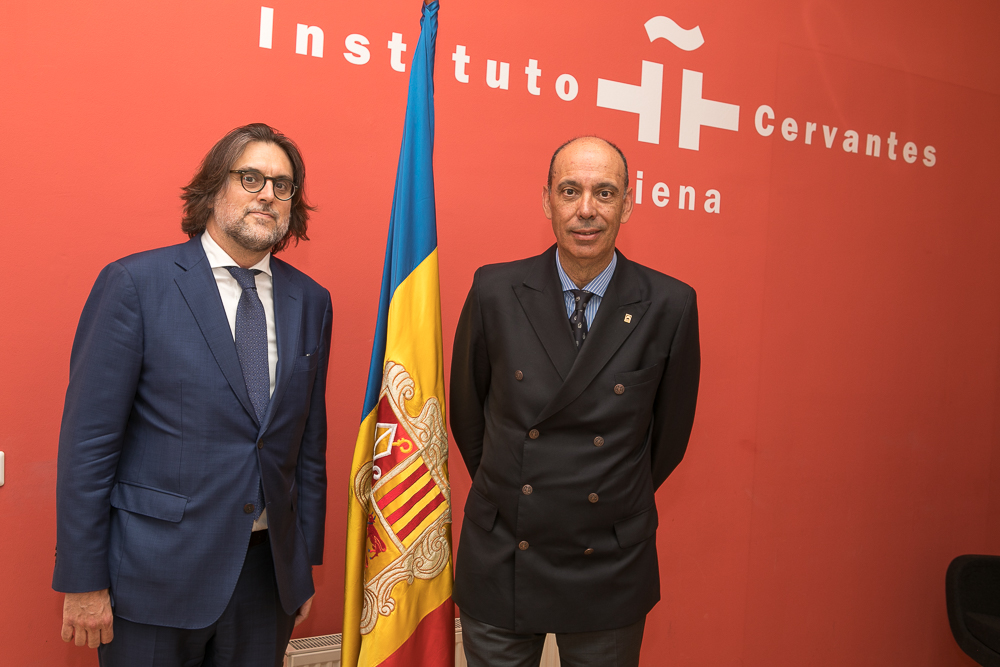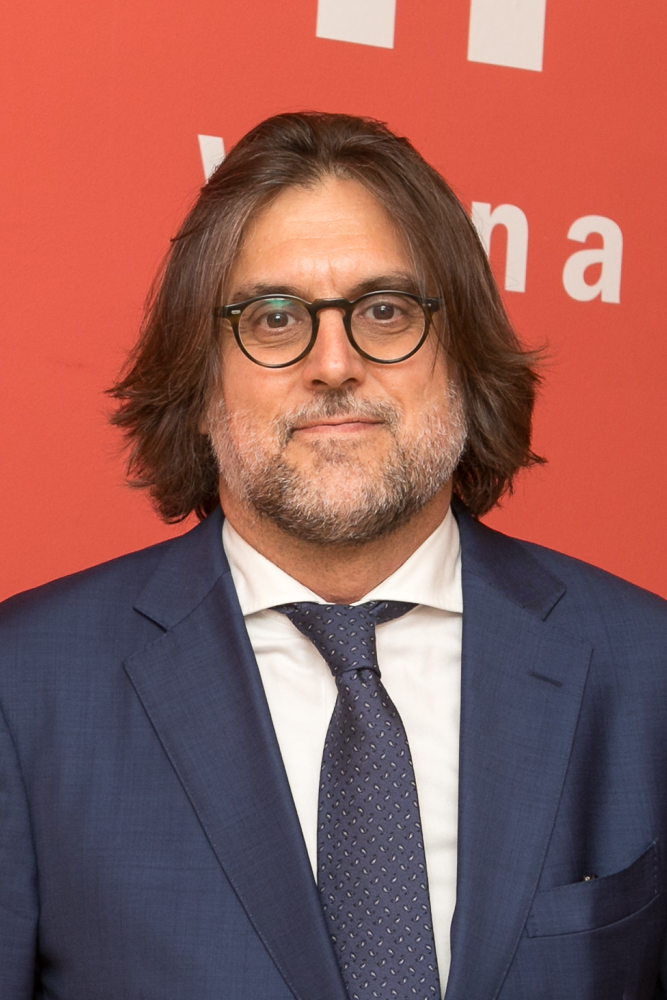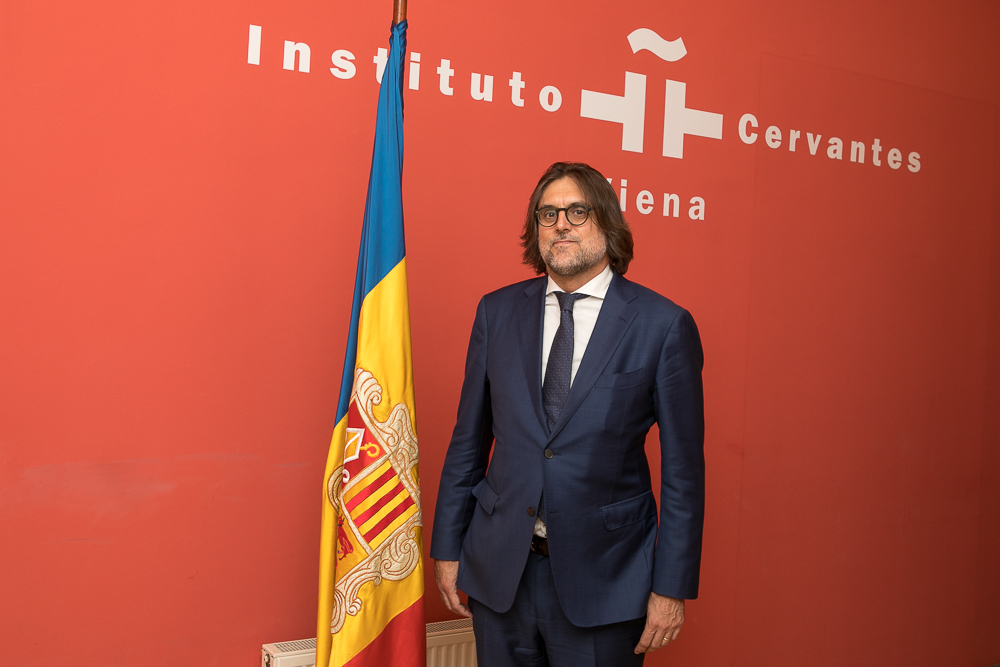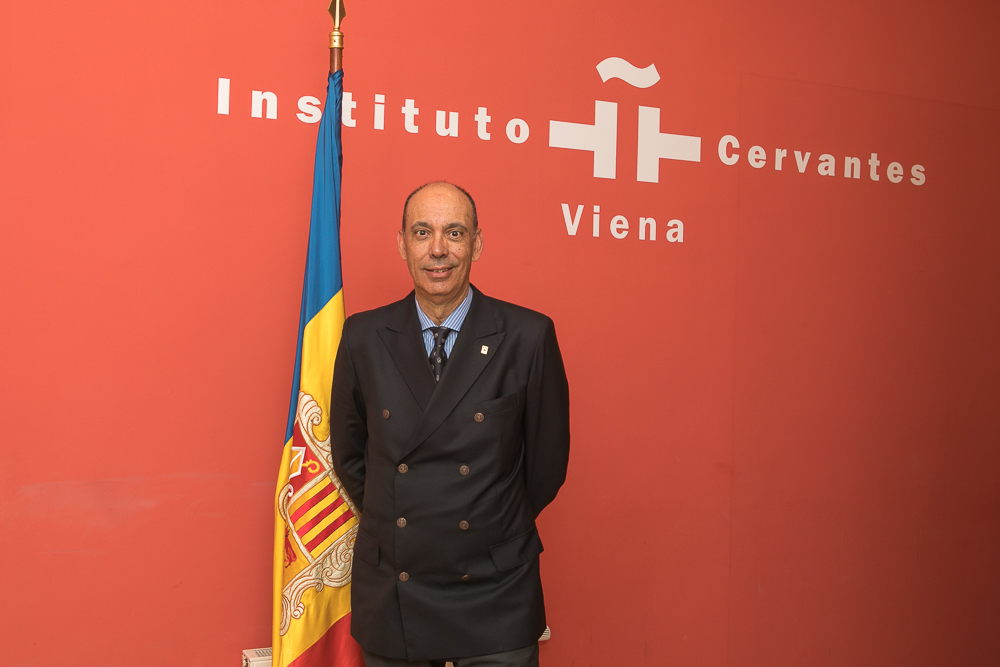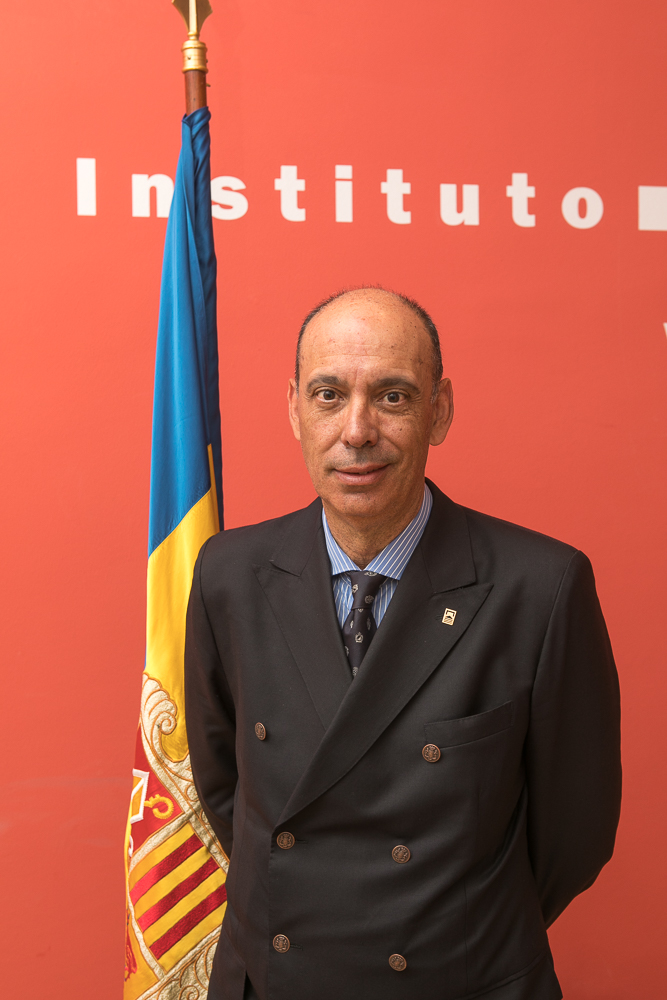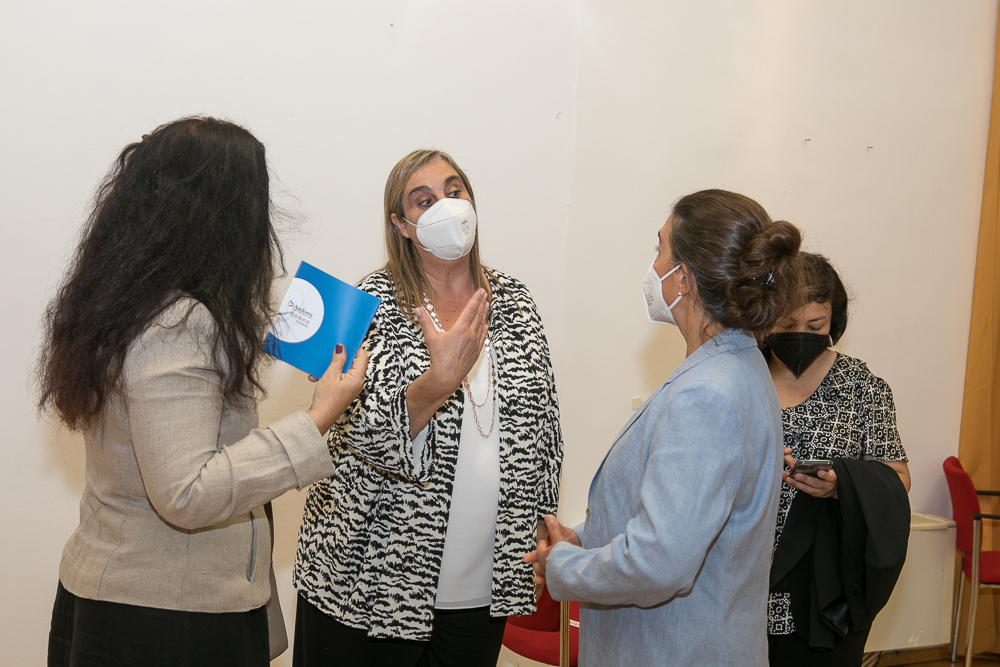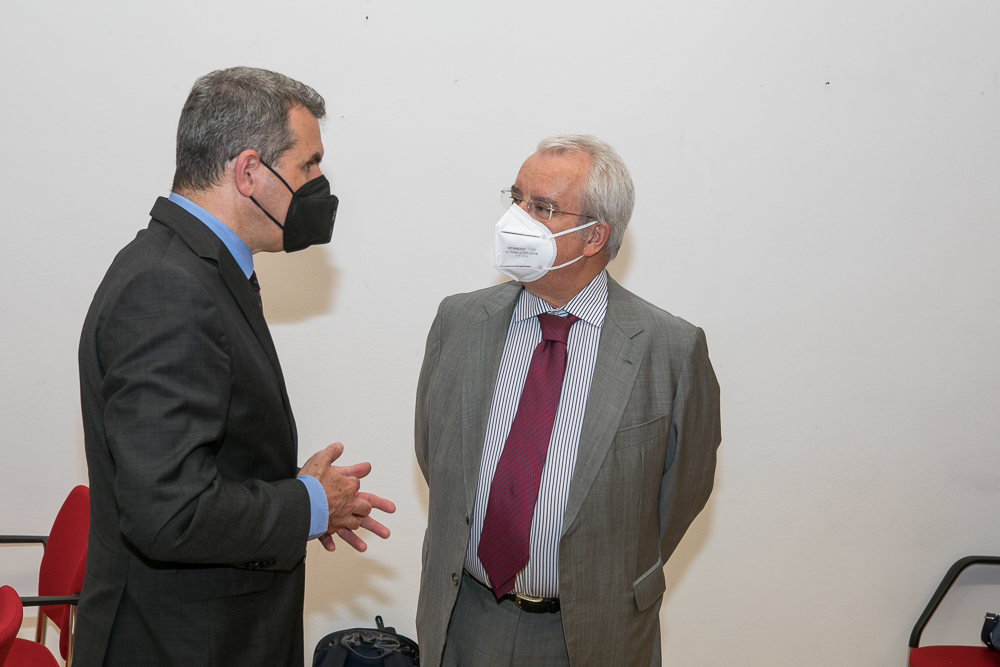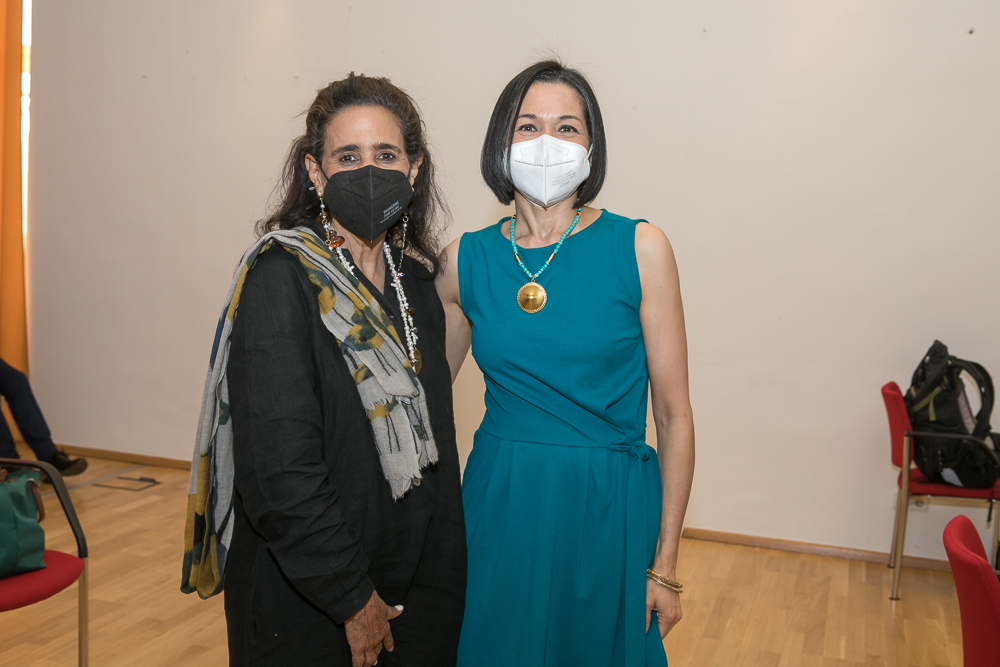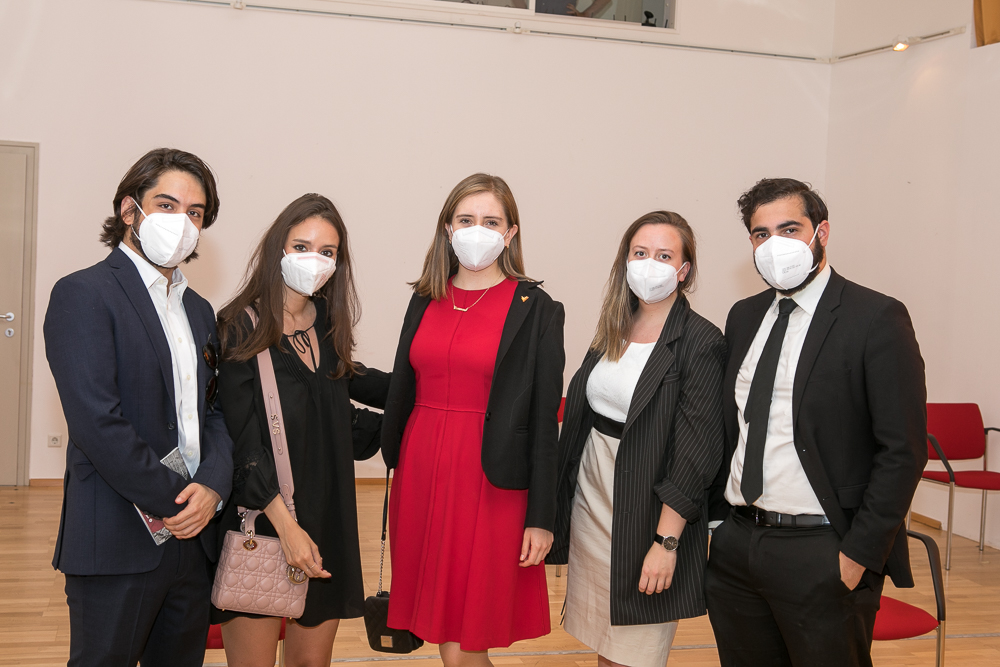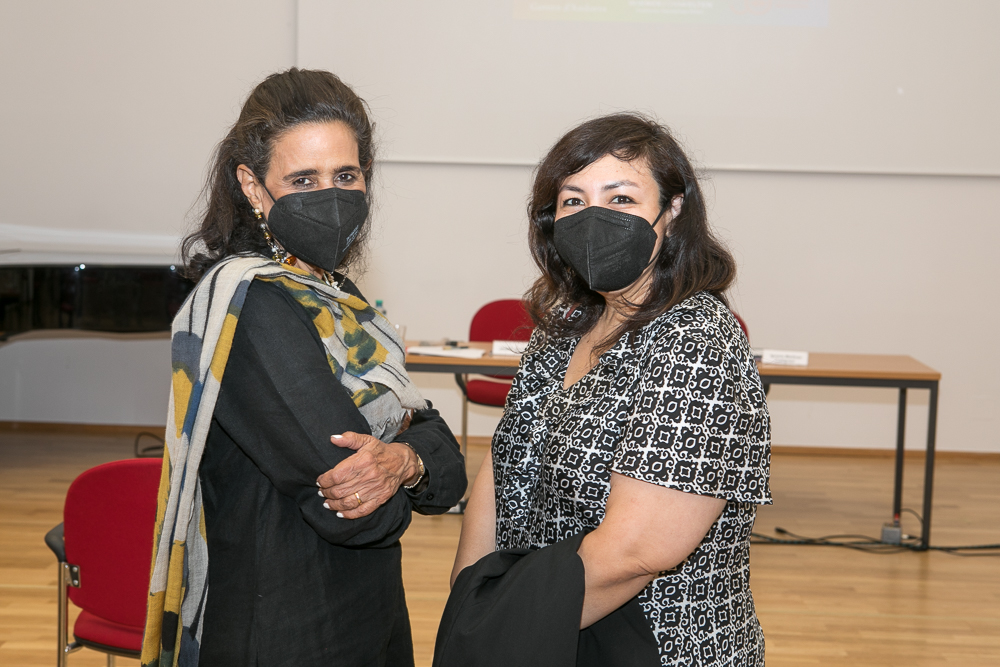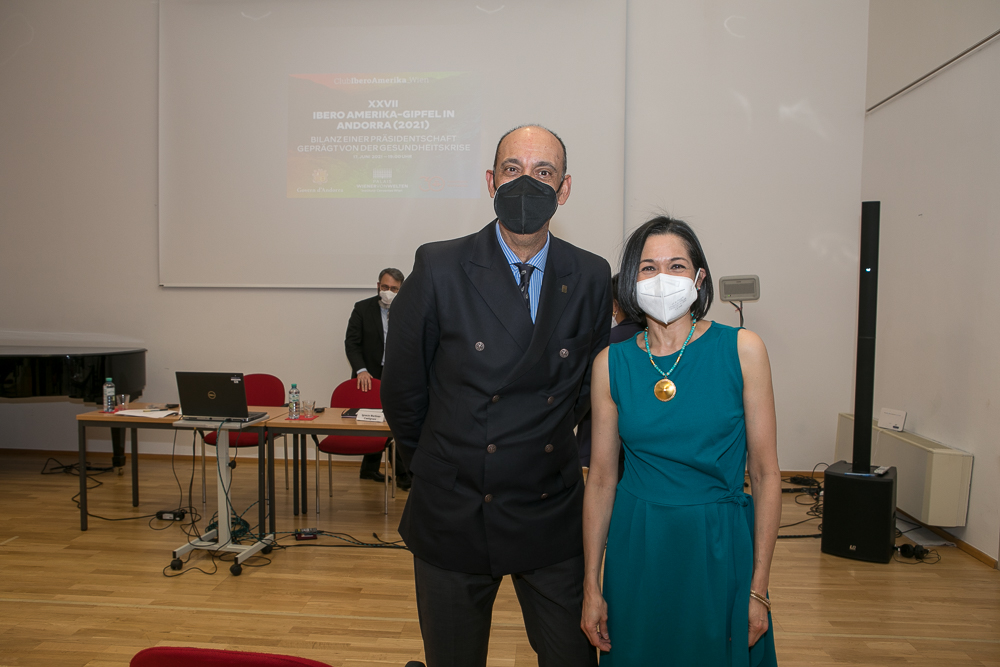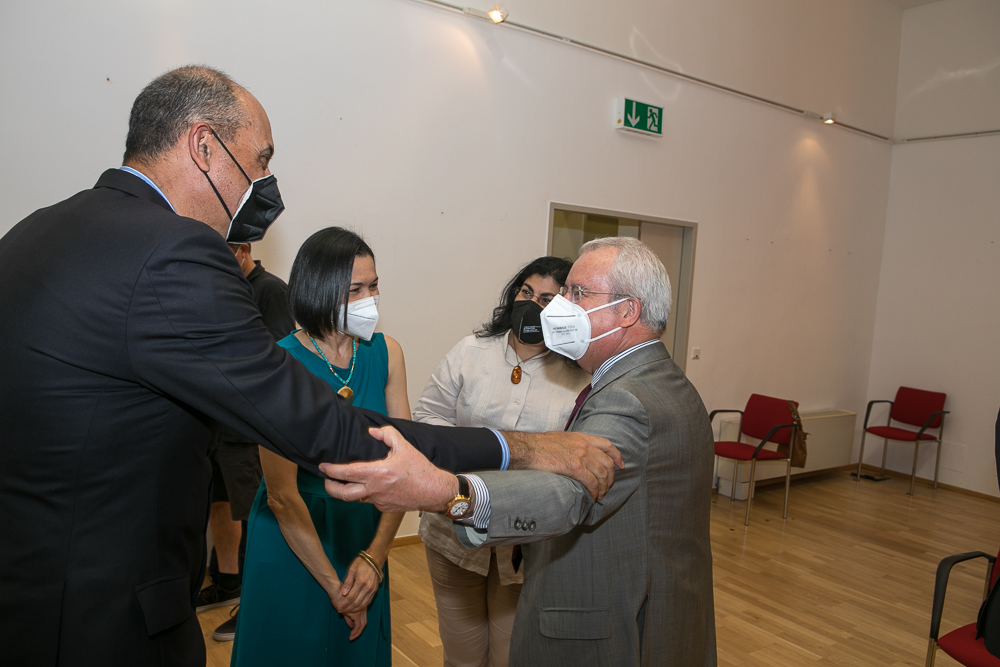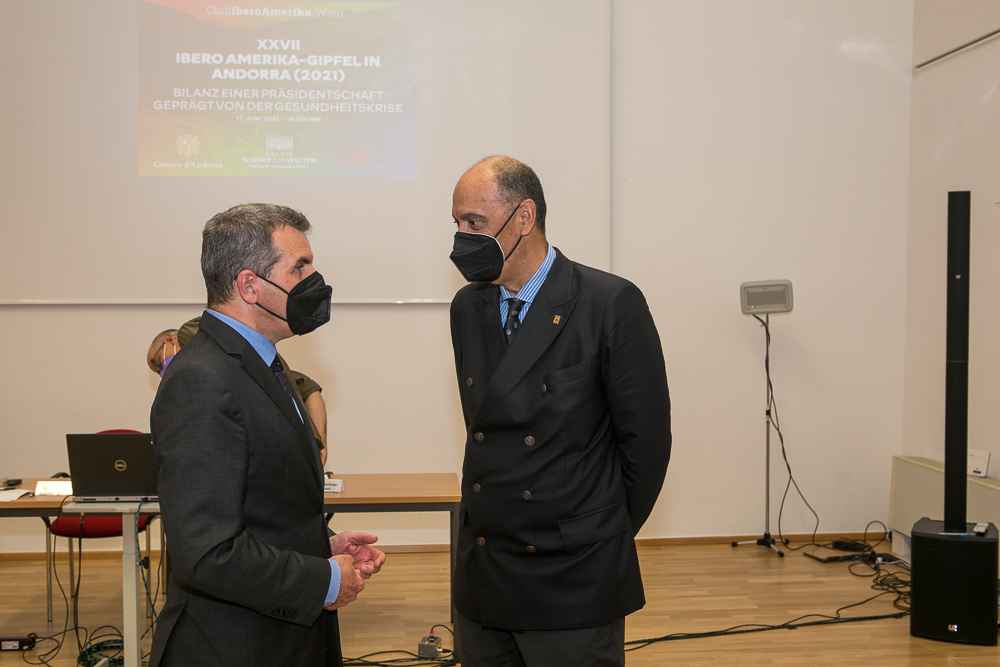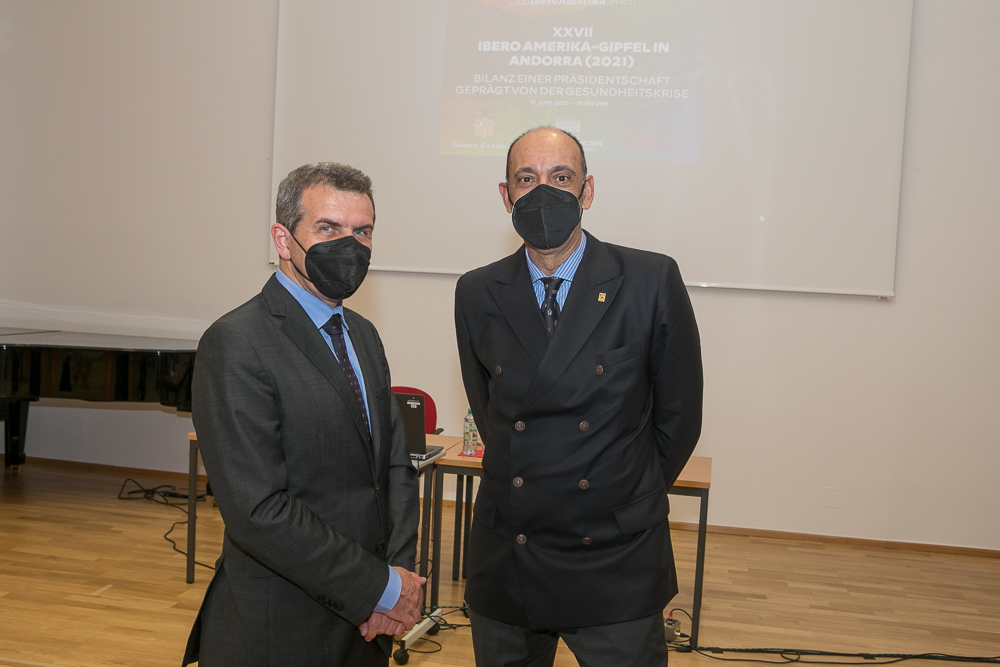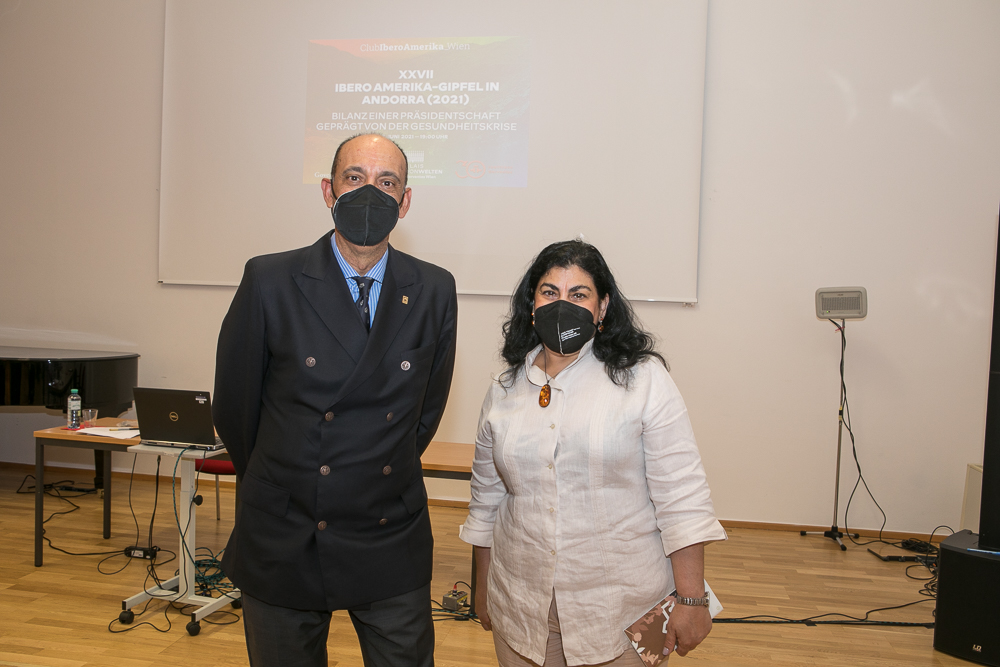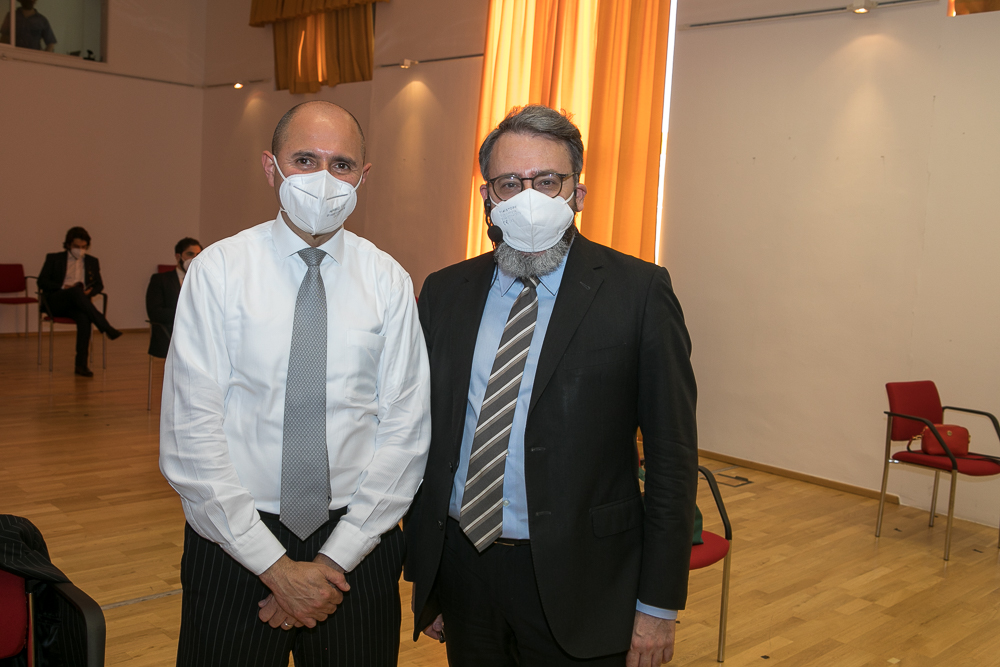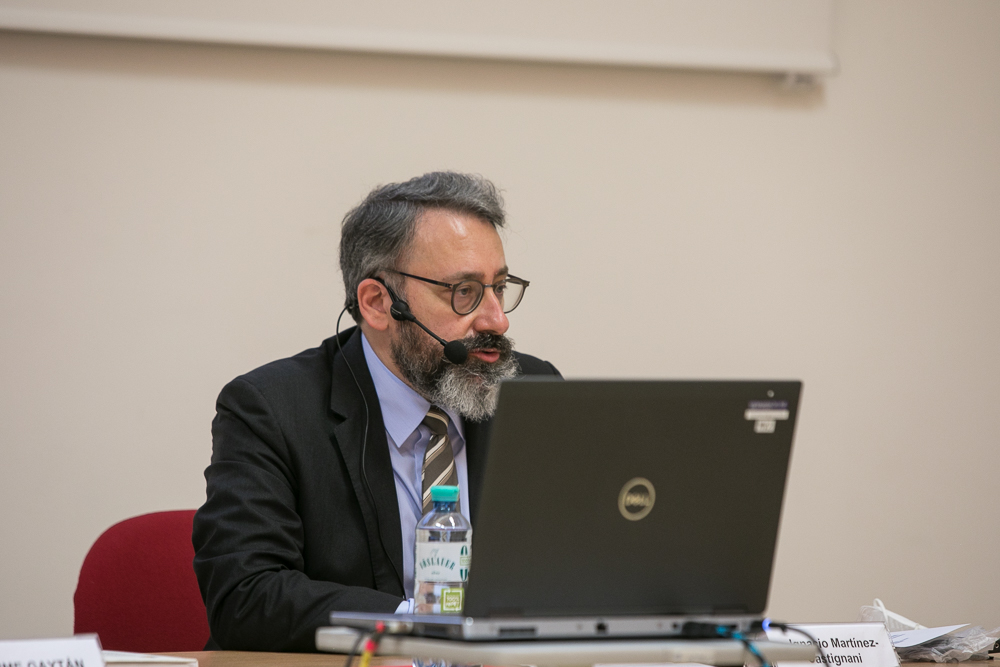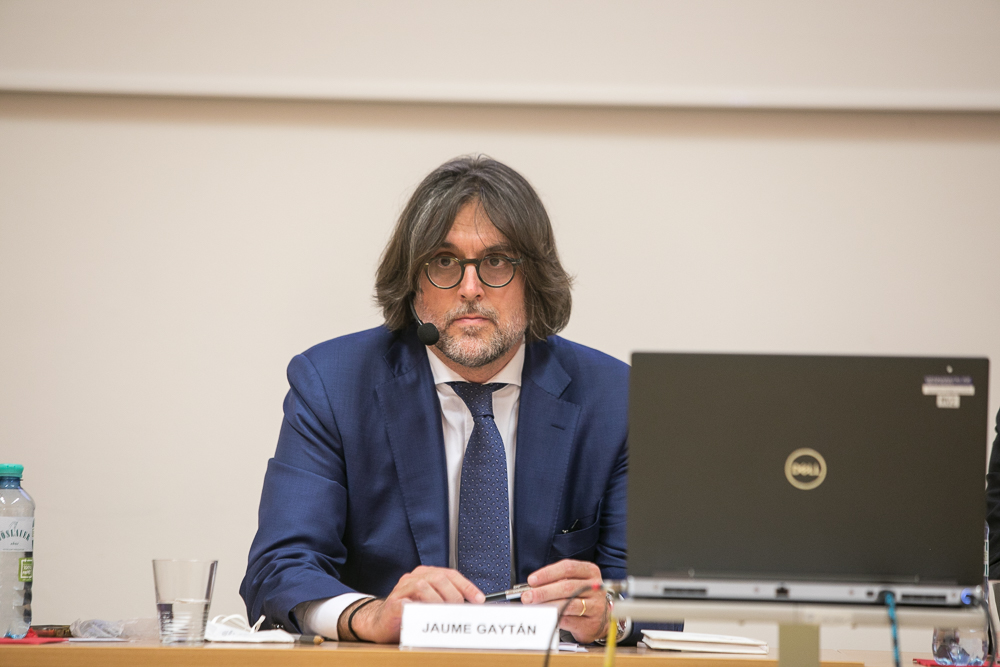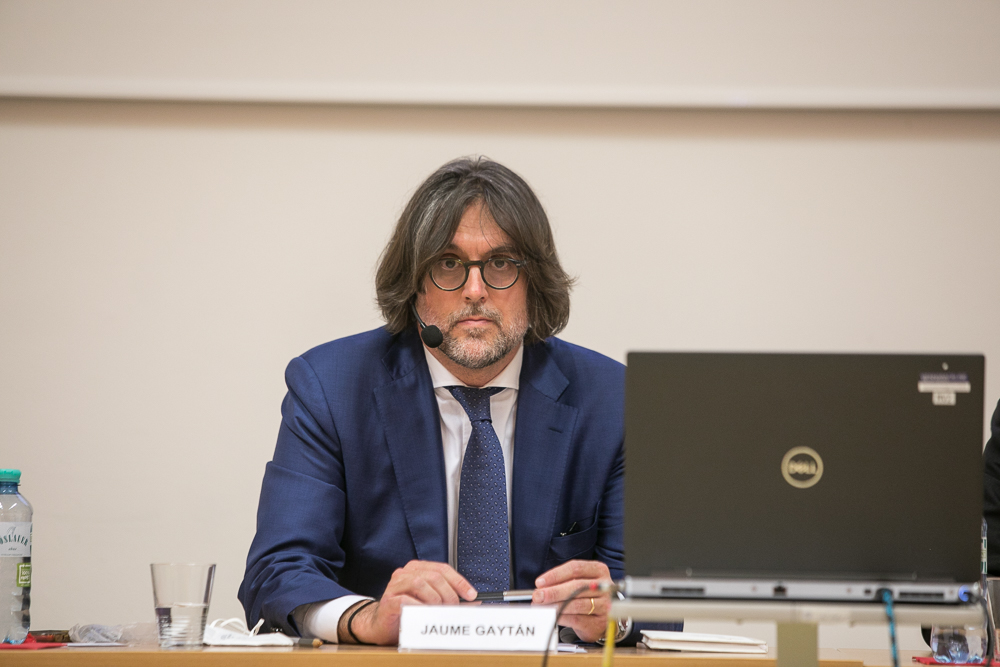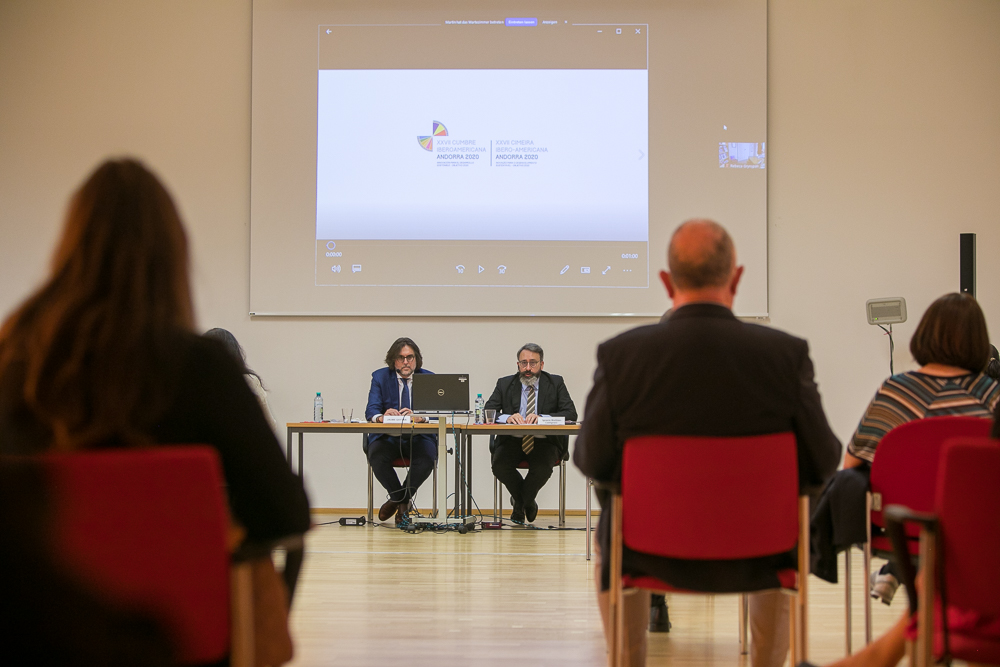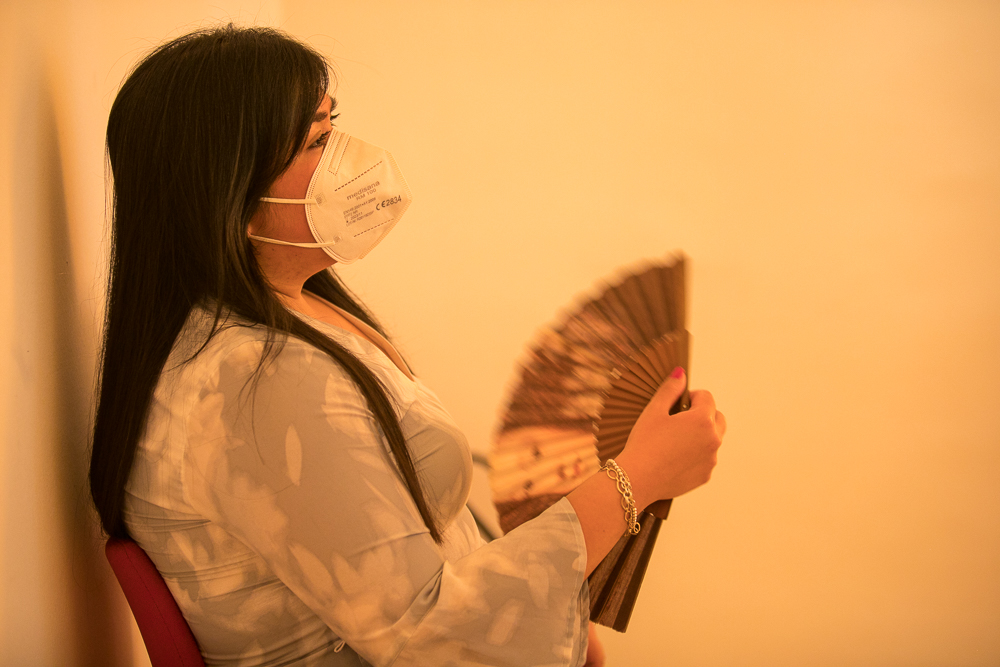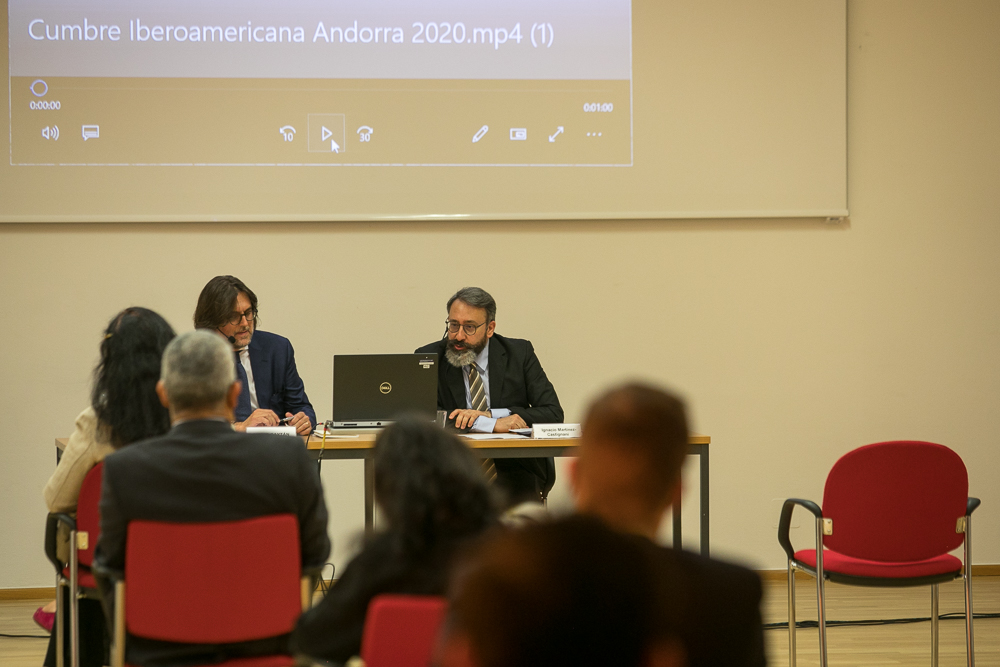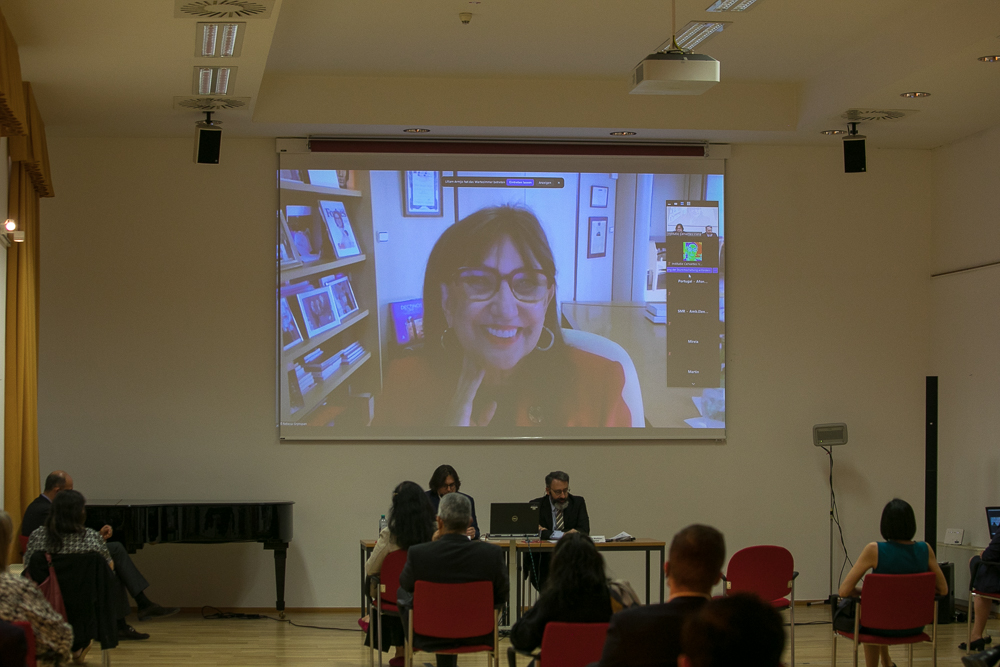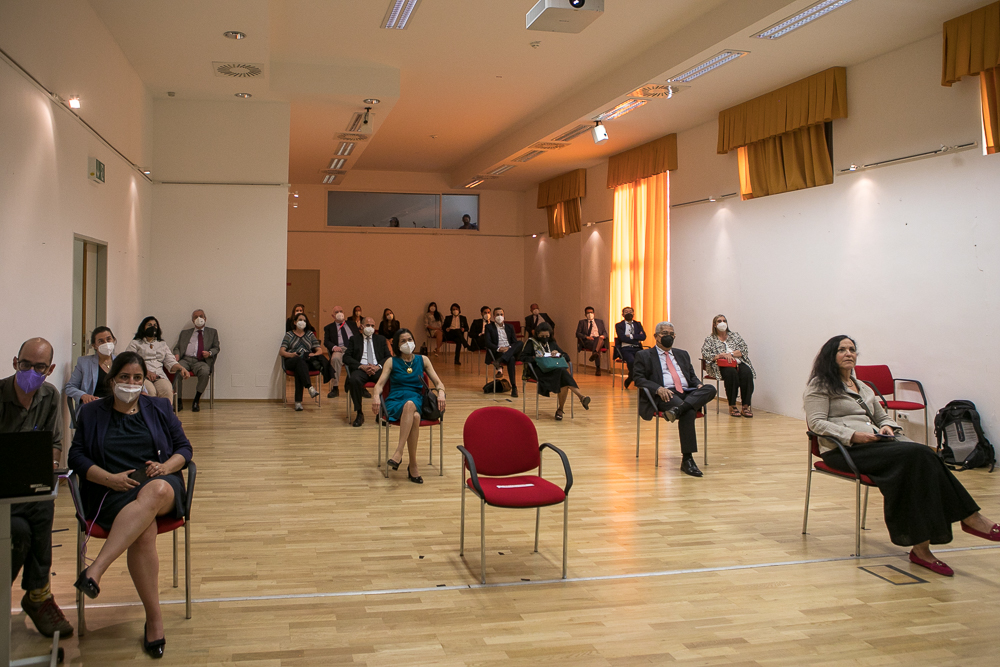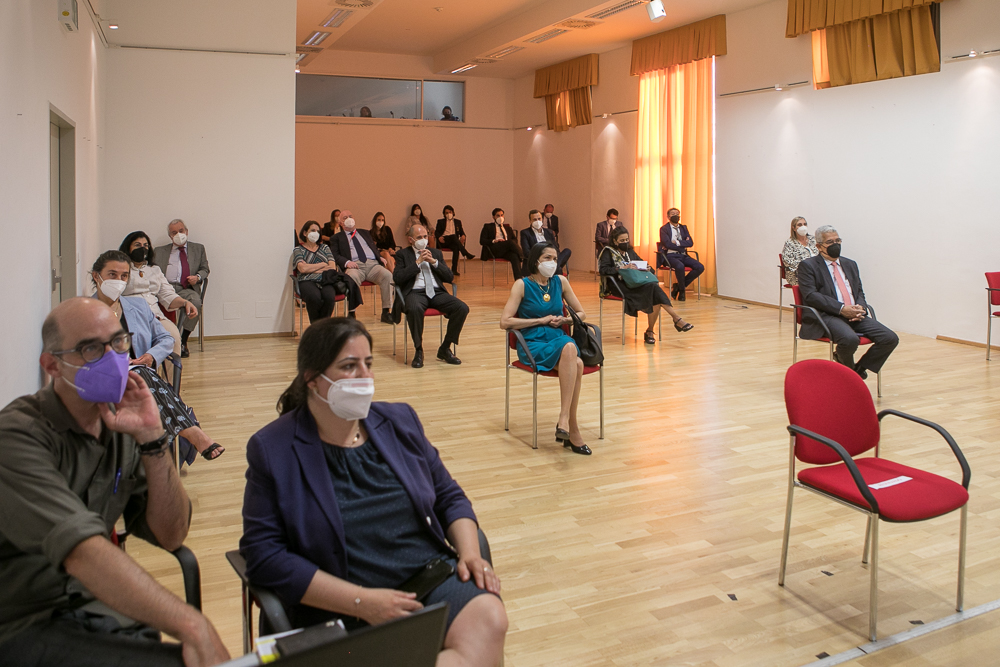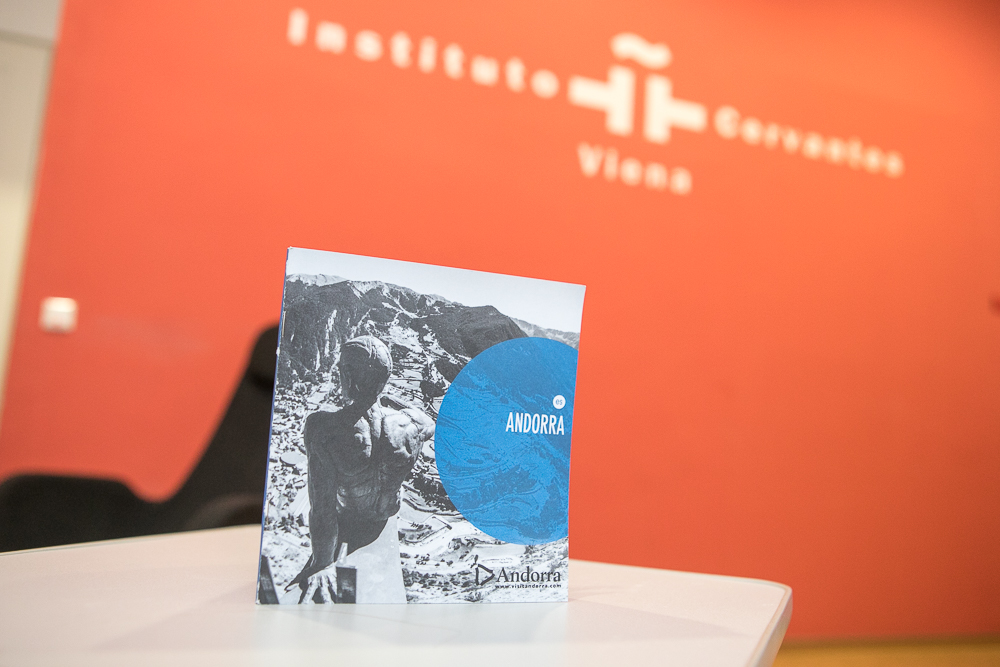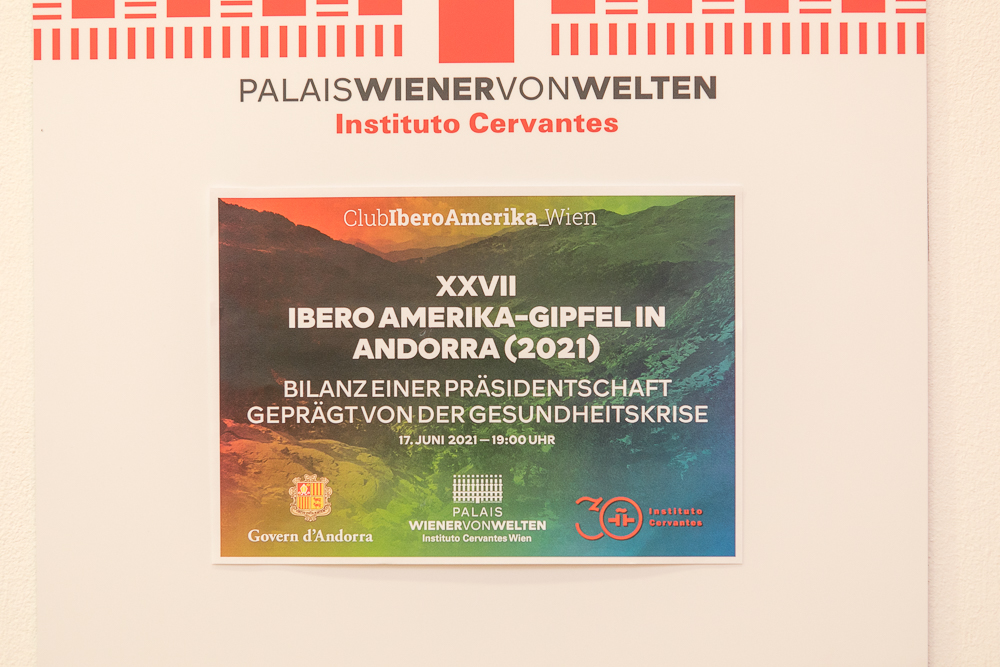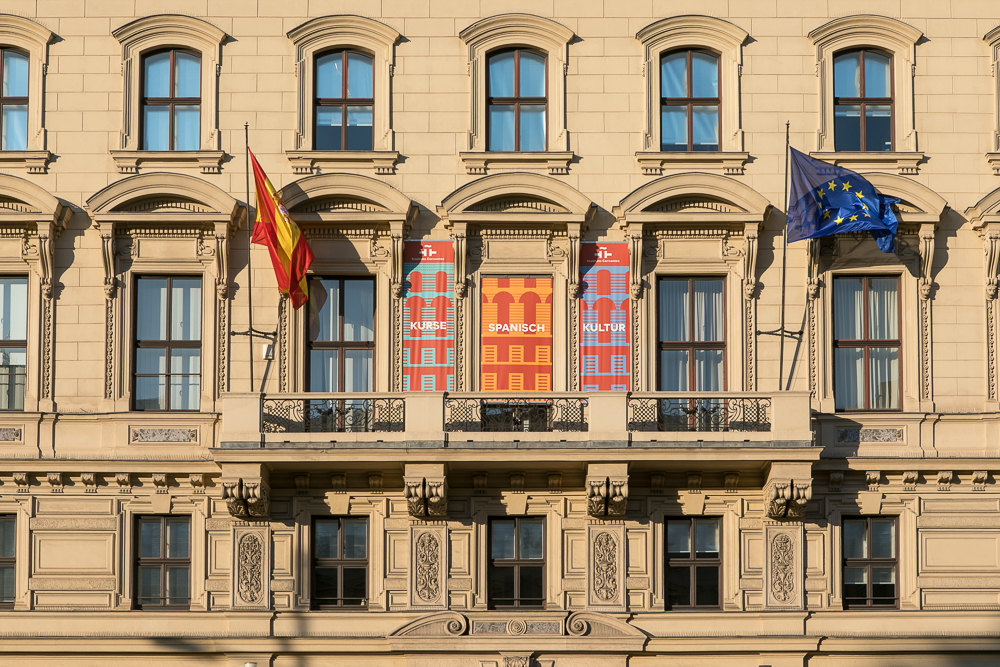Jaume Gaytán, Ambassador of Andorra and National Coordinator for the Ibero-American Summit at the MoFA of Andorra, spoke to SOCIETY Magazine about the conference’s biggest achievements, the Andorran presidency and the most discussed topics of the summit.
The first Ibero-American Summit of Heads of State and Government was established in 1991. What do you consider to be the most important achievements of the event in these 30 years?
The summit succeeded in bringing together the 22 countries of Ibero-America: 19 Spanish and Portuguese-speaking countries in Latin America plus Andorra, Spain and Portugal. The discussion between these states is running in two parallel strands: one focuses on political concert and another one on cooperation for development. In terms of political concert it is important to remember that all the Ibero-American countries were actively present at the Summit of Andorra, 18 out of 22 were represented by their head of state or government. Despite the heterogeneities in politics and circumstances, the member states have been represented in every one of the preparatory meetings and have respected the principle of consensus.
The most tangible and measurable result of the Ibero-American Summit is the big number of cooperation programs in the areas of knowledge, culture and social welfare, programs that are having a strong impact on the most vulnerable areas and sectors.
The Ibero-American Conference has Associate Observers (states) and Consultative Observers (international organizations). Their presence is another noteworthy achievement, as it serves to promote a closer link with other members of the international community and to open Ibero-America to territories that are linguistically and culturally related.
In April 2021, Andorra hosted the 27th summit. During this presidency, what was the microstate’s role in the multilateral arena of Ibero-American nations?
The Summit of the Ibero-American Conference, hosted in Andorra on the 21st of April, marks the end of a two-year term of Andorran presidency – at the end of the summit we forwarded this position to the Dominican Republic.
Holding the presidency of the conference has given Andorra the opportunity to lead a group of states with cultural and historical links. As the smallest member-country – Andorra has a population of less than 80.000 citizens – we lead a summit that represents close to 700 million people. It has been a responsibility and a challenge to the small team in the Ministry of Foreign Affairs of Andorra, but also an opportunity to show our commitment to Ibero-America and the whole world.
The presidency gave us the chance to choose the main topics to be discussed during the two-year term. Furthermore, together with the Ibero-American General Secretary (SEGIB), Mrs Rebeca Grynspan we worked to implement the previous acquis of the conference. Our task laid in identifying the issues that add value to the conference and implement compromises made during the last two years, extended to 29 months because of Covid-19 circumstances. On this behalf, adaptability and flexibility have been extraordinary challenges for us.
The summit creates a platform for international exchange, debate and cooperation. What were the main topics of this year’s discussions?
Originally, the intention of the Andorran presidency was to create links between innovation and sustainability, taking profit of robotizing, digital transition, artificial intelligence, etc. and pooling these opportunities to accelerate the achievement of the Sustainable Development Goals in the environmental, economic and social dimensions. Covid-19 forced us to introduce a sanitary dimension as well: The access to vaccines and financing of the recovery became strong new topics, but the original motto, “Innovation for Sustainable Development”, has proved to be opportune in the context of a sanitary crisis.
In the social dimension, it was emphasized that the role of issues surrounding gender, disability and indigenous populations has to be strongly incorporated in the Sustainable Development Goals as well. As far as the field of knowledge is concerned, within the context of the summit the Framework Agreement for Talented People Mobility was signed – an accordance which facilitates practical and professional experience for academics, researchers, scientist, investors and entrepreneurs in any other of the signing states.
What is your vision for the summit’s future tasks?
The next summit will be hosted by the Dominican Republic under the motto “Together towards a fair and sustainable Ibero-America”. Andorra will work hand in hand with the Dominican Republic, building links between the agendas of both presidencies. That collaboration will guarantee the consolidation of the works of the summit.
The challenges of the Ibero-American region are not very different from the global challenges we face. Financing economic recovery and sanitary cooperation will still be at the top of the agenda, nevertheless the summit must always keep an eye on the Sustainable Development Goals. Our presidency gave the environmental dimension a very important role that was missing during the past decade and will now be further implemented in the future. Moreover, we hope that transfer of knowledge from Europe to Latin-America together with implementation of innovation will provide opportunities to the talented and young population. In that sense, during the Summit of Andorra, 8 countries signed the Framework Convention on the circulation of talented and young population within the Ibero-American area. Reinforcing the cultural industry with inventive tools can be a path to recovery if we consider the touristic and gastronomical potential of the region.
In the Ibero-American forum, the tackling of global challenges stands above political heterogeneity; solidarity, even if sometimes imperfect, is always present. Upkeeping this spirit is the most important factor for the future of the conference.


